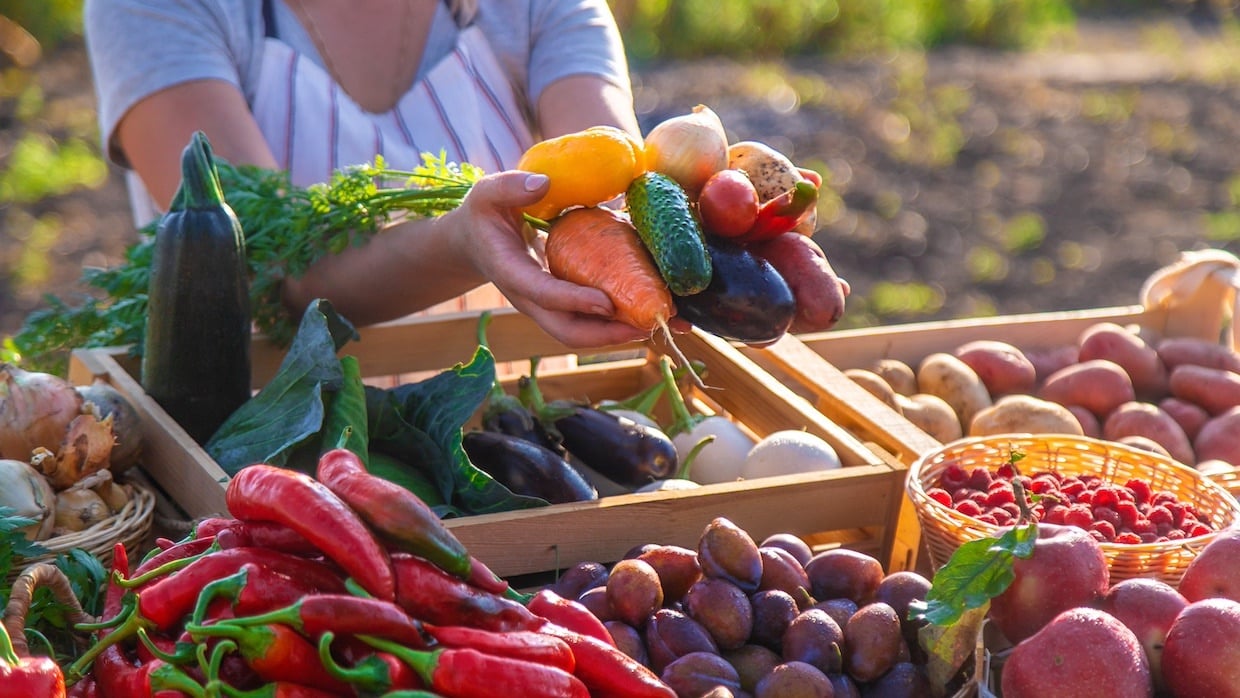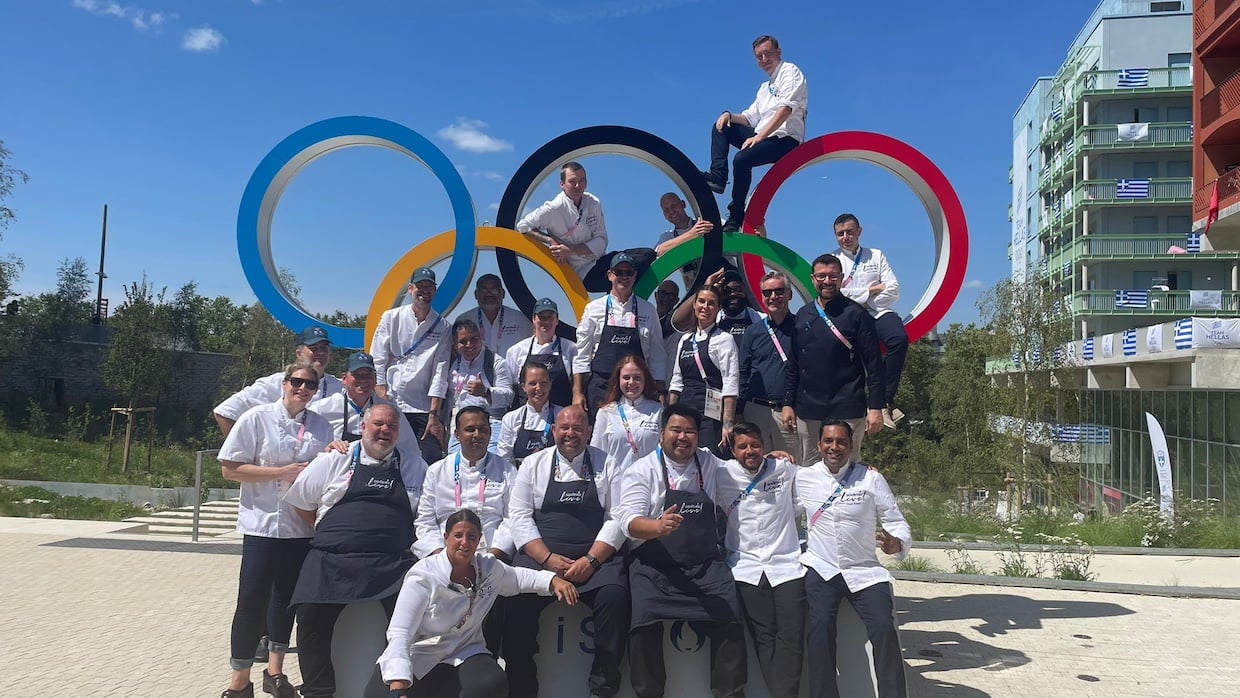
Diversity Equity and Inclusion
Beyond labels: creating a truly inclusive workplace

Buying from small and medium enterprises (SMEs) is a great way of generating local growth and contributing to the social and economic fabric of a community. As a large international organization, our potential to support local communities is enormous.
SMEs are the heart of their local communities. These small companies provide local jobs, generate growth and support local people.
In addition to this, working with SMEs allows us to benefit from their local knowledge, expertise, personalized approach and ability to offer innovative, responsive and unique products or services that larger suppliers often cannot provide.
In 2023, we spent 2.2 billion euro with SMEs, already exceeding our goal of spending 2 billion per year with SMEs by 2025.
Our global Supply Chain Inclusion Program supports SME vendors and those owned or operated by women or minorities to supply their products to us. We believe that a diverse range of suppliers bring value and innovation to our businesses.
The program helps address these barriers by creating more flexible distribution networks, streamlined processed (such as accelerated invoice treatment) as well as mentoring and additional support which not only help SMEs to work more effectively with us, but also makes them more competitive in the marketplace overall.
We also run mentoring programs to support our diverse suppliers in their growth at a local level such as the SME program in the UK or Impact+ in France.
In the UK & Ireland, over 60% of our 4,400 suppliers are SMEs and VCSEs (voluntary, community and social enterprise’s). Our Professional Mentorship Programme in the UK is designed to link volunteers (mentors) to individuals (mentees) from SME suppliers seeking support and advice in areas such as business strategy, policies and procedures, as well as net zero.
In June 2022, Sodexo UK&I’s Net Zero Lead, Simon Mussett, was paired with Brett Mendell, Director at Thomas Kneale, who manufacture, import and distribute contract textiles, to provide net zero support. Through the program Thomas Kneale were provided with advice, support and a baseline calculation of Scope 1, 2 and 3 GHG emissions was established. Actions were then taken to reduce GHG emissions, including sourcing a new 100% renewable electricity tariff to reduce Scope 2 GHG emissions associated with purchased electricity.
Supply chain greenhouse gas (GHG) emissions accounts for over 34% of our total footprint. Collaborating with suppliers to collectively reduce emissions is critical in us achieving our 2040 net zero target.
Find out more about how we source products responsibly
SMEs account for the majority of businesses globally, representing about 90% of businesses around the world. SMEs are huge contributors to global economic development and provide more than 50% of employment globally. In emerging economies most formal jobs are created by SMEs, as many as 7 out of every 10 jobs.

Beyond labels: creating a truly inclusive workplace

Sustainable Food Barometer 2024

Catering for Paris 2024: epic, sustainable and delicious